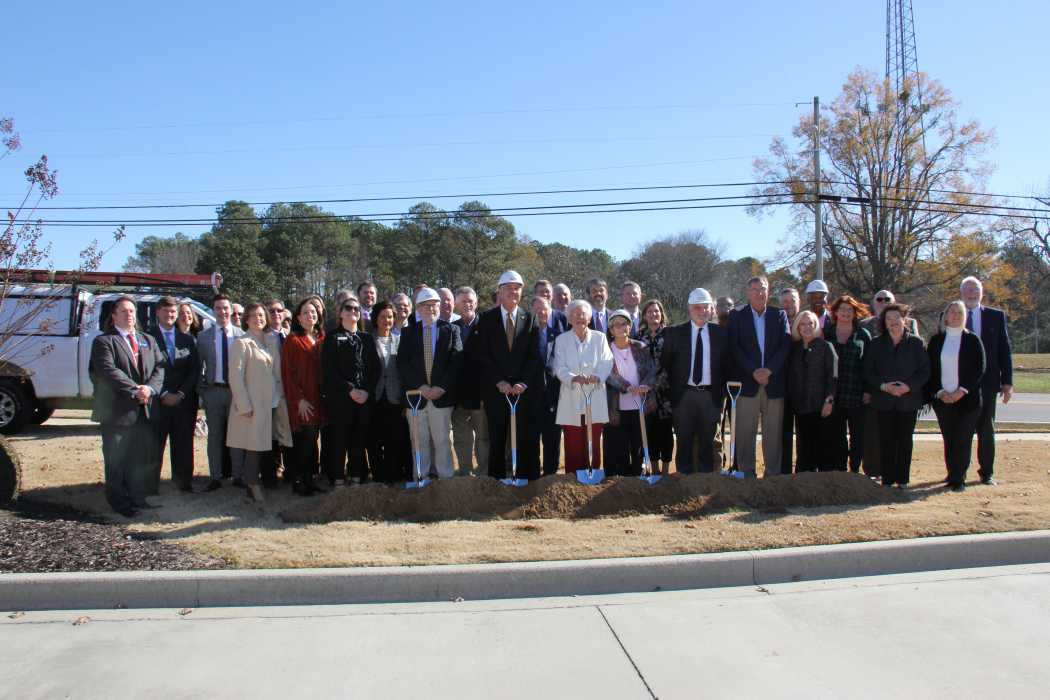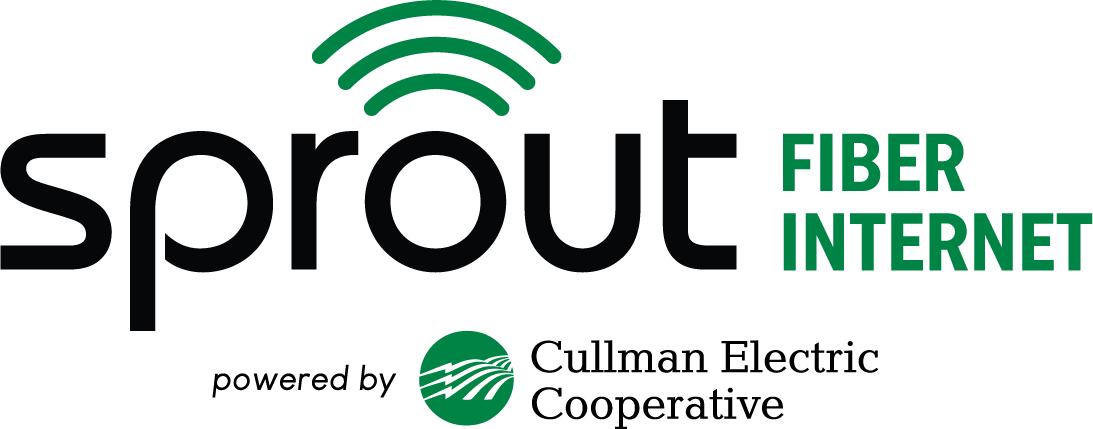
Governor Ivey Makes Second Stop on Broadband Tour, Breaks Ground Signaling Digital Infrastructure Progress
Governor Kay Ivey on Monday, December 4, 2023 made a second stop on her broadband tour at Cullman Electric Cooperative in Cullman County, discussing upcoming broadband projects in Cullman and Winston counties. Following the program, Governor Ivey, speakers, and residents of Cullman and Winston counties participated in a ceremonial groundbreaking.
“Our presence in Cullman County today underscores our commitment to providing access to high-speed internet for every Alabamian. The remarkable strides made here, supported by the Alabama Broadband Accessibility Fund and Cullman Electric Cooperative, signify our dedication to connecting unserved residents,” said Governor Ivey. “This milestone represents our journey towards statewide connectivity, demonstrating that when one community gains access, we all move closer to a more connected and prosperous Alabama.”
At today’s event, Governor Ivey was joined by Alabama Department of Economic and Community Affairs (ADECA) Director Kenneth Boswell, Cullman Electric Cooperative CEO Tim Culpepper, state Sen. Garlan Gudger (R-Cullman), and state Reps. Randall Shedd (R-Cullman) and Tim Wadsworth (R-Arley).
The speakers addressed the nearly $7 million in grant and matching funds committed for broadband projects which will give over 1,300 currently unserved addresses the ability to be connected in Cullman and Winston counties. Additionally, the overall success of the Alabama Broadband Accessibility Fund (ABAF) was discussed.
ABAF, which is funded by the Alabama Legislature, supports targeted projects in communities in need of high-speed internet access. These funds, awarded by Governor Ivey and managed by ADECA, give internet service providers the ability to execute projects that connect individual households, businesses, community anchor institutions such as libraries and schools, and others to broadband infrastructure.
“A primary mission of mine in the Alabama Legislature is to ensure that every single Alabamian will have access to high-speed internet,” said Rep. Shedd. “I was proud to discuss the progress we have made so far in my district, and I look forward to continuing our work to make sure that all Alabamians can take advantage of the 21st-century technology that is critical to everyday life. These investments we have made through programs like the Alabama Broadband Accessibility Fund have already brought high-speed internet access to tens of thousands of households and businesses, with tens of thousands more on the way.”
Since 2018, Alabama has invested approximately $82 million in state dollars through grant awards supporting more than 100 projects through the Alabama Broadband Accessibility Fund. Once all Alabama Broadband Accessibility Fund projects awarded to date have been completed, access to broadband service will be available to more than 72,000 Alabama households, businesses, and community institutions that currently have no option to subscribe.
“Our continued progress in expanding high-speed internet access would not be possible without a unified team working hard every day to accomplish our state broadband goals,” said Director Boswell. “This team includes Governor Ivey, the Alabama Legislature, internet service providers, and others too many to name working together to make sure Alabama residents and Alabama communities have the tools needed to thrive.”
Alabamians interested in learning more about what the state is doing to expand high-speed internet access are encouraged to visit the Be Linked Alabama website, a hub of internet expansion information and news. It includes the Alabama Broadband Map, county profiles and dashboards, and statewide broadband news.
Be Linked Alabama represents the state’s united effort to expand access to affordable, reliable high-speed internet. As Alabama works toward achieving the goal of high-speed internet access for all, the statewide initiative is coordinated by ADECA and brings together partners from across the state, including Governor Ivey, the Alabama Legislature, internet service providers, research institutions, utility companies, community leaders, and the public.
